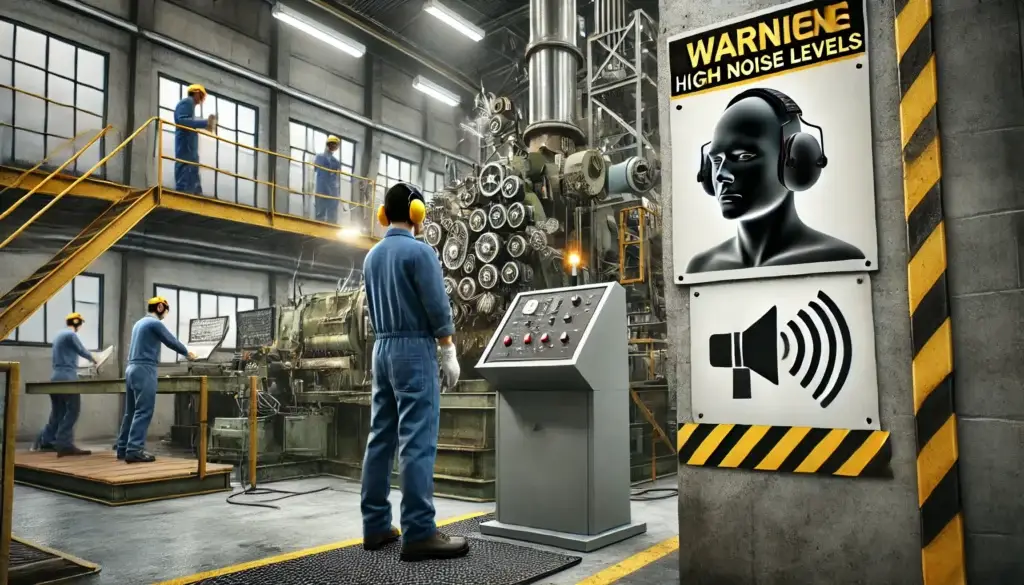Workers’ compensation in California is a vital safety net for employees injured on the job. It provides medical care, disability benefits, and, in some cases, compensation for permanent impairment. However, one of the most common concerns for workers after filing a claim is how long the entire process will take.
The timeline of a workers’ compensation claim can vary based on several factors, including the complexity of the case, the extent of the injury, the responsiveness of employers, and whether disputes arise. In this article, we’ll walk you through the typical stages of a workers’ compensation claim in California and offer realistic expectations for how long each step might take.
1. Initial Reporting and Filing Process
The first step in the workers’ compensation process is reporting the injury to your employer. Under California law, you must report a workplace injury within 30 days of the incident. Failing to do so can jeopardize your right to receive benefits.
Employer’s Responsibility
Once you notify your employer of your injury, they are required to provide you with a workers’ compensation claim form (DWC-1) within one working day. This form allows you to formally document your injury and initiate the process. Once you submit the DWC-1 form, your employer has five days to file it with their workers’ compensation insurance provider.
Filing the DWC-1 Form
Filing the DWC-1 form is one of the most critical steps in the process. While you have up to a year to file this form, it’s best to do it as soon as possible to avoid unnecessary delays. After you submit the claim form, the insurance company has 14 days to send you a status letter acknowledging that they’ve received your claim.
Typical Timeline for Filing a Claim
- Reporting Injury: Immediately, but no later than 30 days
- Employer Provides Claim Form: Within one working day
- Employer Files Claim with Insurer: 5 days after receiving your claim
- Insurance Company Sends Status Letter: 14 days after claim submission
2. Medical Evaluation and Treatment
After filing the claim, medical treatment is the next important step. California workers’ compensation law guarantees you the right to see a doctor and begin receiving medical care immediately after an injury, even while your claim is under review.
Initial Medical Care
If your claim is accepted, your employer’s workers’ compensation insurance company is responsible for paying your medical bills, including doctor’s visits, surgery, physical therapy, and prescriptions. You should be able to see a doctor almost immediately after the injury, but it’s important to follow the approved medical provider network (MPN) unless you pre-designated your personal physician.
Primary Treating Physician (PTP)
Your primary treating physician (PTP) plays a crucial role in your workers’ compensation case. They are responsible for evaluating your injury, developing a treatment plan, and determining the extent of your disability. The doctor’s reports are critical in shaping the course of your benefits, especially if your case involves temporary or permanent disability.
Medical Treatment Authorization
Insurance companies have five days to authorize or deny medical treatments requested by your doctor, but in some cases, delays can occur. If the insurance company does not respond within the required timeframe, your treatment may be approved automatically. However, treatment disputes between your doctor and the insurance company can extend this phase significantly.
Typical Timeline for Medical Treatment
- Doctor’s Appointment: Usually scheduled within days of injury
- Insurance Authorization: Up to 5 days for treatment requests
3. Temporary Disability Benefits
If your injury prevents you from working, you may be eligible for temporary disability (TD) benefits. These benefits are designed to replace part of your lost wages while you recover. TD benefits typically begin if your injury results in more than three days of missed work or if you are hospitalized overnight.
When Temporary Disability Benefits Start
Once your doctor determines that you’re unable to work, temporary disability payments should begin within 14 days of notifying the employer and insurance company about your inability to work. These payments will continue every two weeks until your doctor says you’ve reached maximum medical improvement (MMI)—the point at which your condition has stabilized.
How Long Temporary Disability Benefits Last
In California, you can receive temporary disability benefits for up to 104 weeks (approximately two years). In some special cases involving severe injuries, you may be eligible for up to 240 weeks of benefits. It’s crucial to understand that these payments will stop when your doctor declares you fit to return to work, even if you are not fully healed.
Typical Timeline for Temporary Disability
- TD Benefits Begin: 14 days after the insurance company is notified of your work status
- Duration of TD Benefits: Up to 104 weeks (with some exceptions)
4. Permanent Disability Determination
If your injury causes lasting effects that prevent you from returning to your previous job or performing the same tasks, you may be eligible for permanent disability (PD) benefits. However, it takes time to determine whether you have a permanent disability, and this step usually follows your recovery period or after reaching MMI.
Assessment of Permanent Disability
Your primary treating physician or a Qualified Medical Evaluator (QME) will assess whether you have permanent disabilities. This evaluation involves determining your permanent disability rating (a percentage that represents the extent of your impairment). The insurance company may also request an independent medical evaluation to challenge or verify the PTP’s findings.
How Long it Takes to Determine Permanent Disability
The time to determine your permanent disability status varies. If your case is straightforward, you might receive your PD rating within several weeks after reaching MMI. In more complex cases, it can take months, particularly if disputes arise between you, your employer, and the insurance company regarding the extent of your disability.
Typical Timeline for Permanent Disability
- Assessment of PD: Weeks to months after reaching MMI
- Permanent Disability Benefits: Begin after TD benefits end
5. Resolution of a Workers’ Compensation Case
Resolving a workers’ compensation case in California can take anywhere from a few months to several years, depending on the circumstances. There are two primary ways to resolve a case: settling out of court or going to trial.
Settlement Options
- Stipulated Award: This agreement provides ongoing medical treatment and permanent disability payments over time. It typically results in quicker resolutions because both sides agree to the terms without a trial.
- Compromise and Release (C&R): This involves a lump sum payment, where the worker releases all future claims in exchange for a one-time payment. This option usually resolves faster than other forms of settlement.
Going to Trial
If you cannot reach a settlement, your case may go to trial. The Workers’ Compensation Appeals Board (WCAB)oversees such cases, and after a trial, the judge will issue a decision. However, the trial process can add months to years to the resolution of your case.
Typical Timeline for Resolution
- Settlement: A few months to a year
- Trial: 1-2 years, depending on complexity and court availability
6. Appealing a Denied Workers’ Compensation Claim
If your claim is denied, you have the right to appeal. The process for appealing a workers’ compensation claim in California involves several steps, including hearings and possible mediation, which can significantly extend the timeline.
Timeframes for Filing an Appeal
If your claim is denied, you must file an appeal with the Workers’ Compensation Appeals Board (WCAB). You typically have 20 days from the date of the denial to file a petition for reconsideration. From there, it can take several months to a year before you receive a final decision.
What to Expect in the Appeal Process
The appeals process can involve multiple hearings, and if the case is complex, the appeal could take well over a year to resolve. However, some cases may be resolved faster through mediation or settlement negotiations between your attorney and the insurance company.
Typical Timeline for Appeals
- Filing an Appeal: 20 days after denial
- Decision: Several months to over a year, depending on the case
7. Factors That Can Delay the Process
Several factors can delay the workers’ compensation process. These include:
- Disputes between your doctor’s assessment and the insurance company’s position.
- Unresponsive employers who may delay filing the necessary paperwork.
- Litigation and Appeals: If you pursue legal action or have to appeal a denial, this can significantly lengthen the timeline.
- Complex Injuries: Cases involving severe or complex injuries often take longer to resolve, especially when multiple medical evaluations are required.
How Legal Representation Affects Timelines
Hiring a workers’ compensation attorney can help expedite your case by ensuring that deadlines are met, disputes are handled efficiently, and your rights are fully protected. While legal action can sometimes lengthen the timeline due to litigation or appeals, an attorney can help resolve disputes faster through negotiation and proper case management.
Conclusión
The workers’ compensation process in California can take anywhere from a few months to several years, depending on the complexity of the injury and whether disputes arise. While initial benefits like medical treatment and temporary disability payments start relatively quickly, resolving your entire case—especially if it involves permanent disability or litigation—may take significantly longer.
By understanding the typical timelines and being proactive, you can better manage your expectations and reduce unnecessary delays. Always keep in mind that seeking legal assistance from an experienced workers’ compensation attorney can help you navigate the system more efficiently and increase your chances of receiving the full benefits you deserve.



